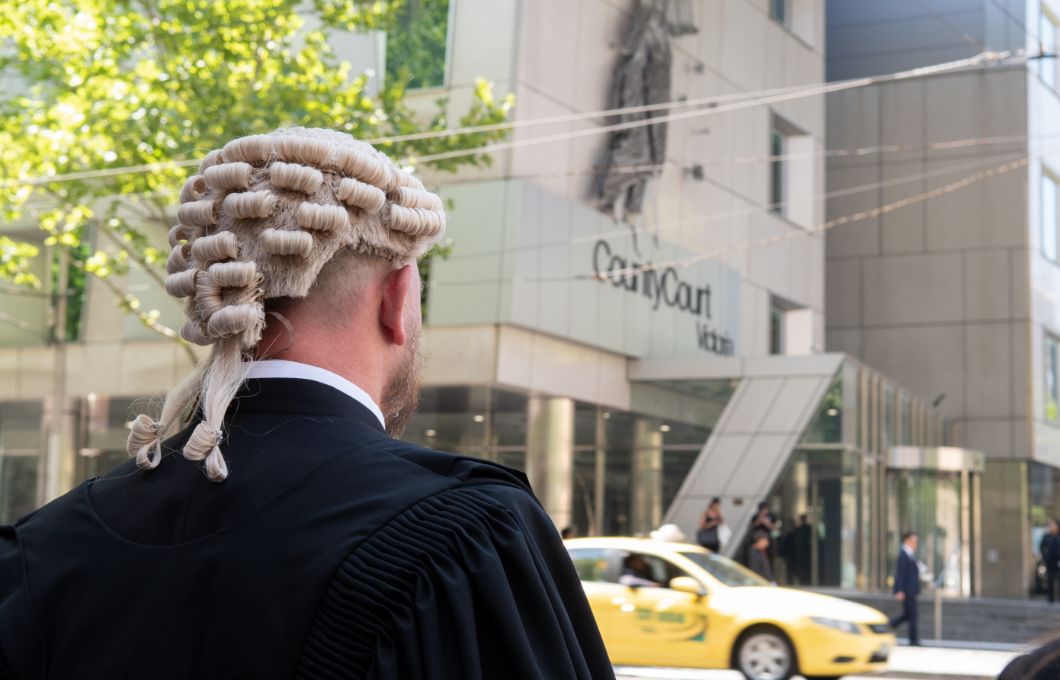
What is the Spent Convictions Scheme?
Criminal convictions and findings of guilt have long been troublesome for individuals, particularly when having to disclose their criminal history for job opportunities. Often times, a minor matter in one’s history can have significant consequences on their lives and lead to discrimination and disadvantage.
The Spent Convictions Scheme was introduced in March 2021 through the Spent Convictions Act 2021 with the intention of reducing the discrimination and disadvantage people experience as a result of minor criminal convictions.
What are Spent Convictions?
A spent conviction is a conviction or finding of guilt which is no longer a part of an individual’s criminal record. Individuals are not required to disclose any spent convictions.
Section 5 of the Spent Convictions Act 2021 defines a conviction as:
- A finding of guilt by a court for an offence – whether or not a conviction is recorded by the Court and whether the offence is an indictable or summary offence
- An infringement conviction for an offence (for example a traffic infringement notice)
There are a number of ways in which convictions can be spent, some may be spent immediately (less serious), whereas some become spent after a crime-free period. More serious convictions require an application to be made to the Magistrates’ Court.
Certain, limited exceptions apply to spent convictions, which will be explained further into this article.
The Spent Convictions Scheme does not apply to pending investigations, pending charges and summons. It is important to note that if the police deem a pending investigation significant, it will appear on a police check.
Ways in which convictions are spent
Convictions Spent Immediately
The following types of convictions will be “spent” and not form part of an individual’s record from the day the conviction is given:
- When a non-conviction is given by the Court when pleading guilty to an offence;
- Qualified findings of guilt under the Crimes (Mental Impairment and Unfitness to be Tried) Act;
- An offence committed when the individual was under the age of 15 years old;
- An infringement conviction (such as traffic offences); and
- Children’s Court fines.
Convictions spent on the expiry of the conviction period
If the Court has recorded a conviction, it will be automatically spent on the expiry of the conviction period, so long as the conviction is not deemed a “serious conviction”.
The conviction period is 5 years for young offenders and 10 years in any other case. Conviction periods begin from the date the conviction was recorded by the Court. The offender must also be crime free in this period.
Serious convictions are defined as:
- A conviction for which the court imposed a sentence of more than 30 months’ imprisonment or detention; or
- A conviction for a sexual offence; or
- A conviction for a serious violence offence.
Convictions spent on application
Serious convictions may be spent by making an application to the Magistrates’ Court.
This application can only be made after the conviction period has expired (5 years for young offenders, 10 years for all other cases).
Some convictions can never be spent, for example, for adults who are 21 years or older at the time of sentence for a serious violence or sexual offence where imprisonment was imposed.
Adults with convictions with an imprisonment period of 5 years or more can also never be spent.
Exceptions to spent convictions
In some circumstances, spent convictions can be disclosable.
Certain bodies, screenings and licencing departments will be able to access an individual’s spent convictions. This includes, but is not limited to:
- National Disability Insurance Scheme worker screening;
- Working with children check screening;
- Law enforcement agencies, courts and tribunals;
- Assessment of a person to provide care for a child;
- Education and Care Services;
- Department of Transport (taxi, uber, patient transport);
- Nursing and other health areas.
A comprehensive list is contained within the Spent Convictions Regulations 2021.
Click here to read an article on Sentencing in the Magistrates Court of Victoria.

-
Michael0491 626 283
-
Nicholas0493 141 014
-
Email Address[email protected]
-
Address
Nardi Lawyers Pty Ltd
Suite 22 Level 1/797 Plenty Rd,
South Morang VIC 3752, Australia -
Address
456 Lonsdale Street, Melbourne, Victoria, 3000









